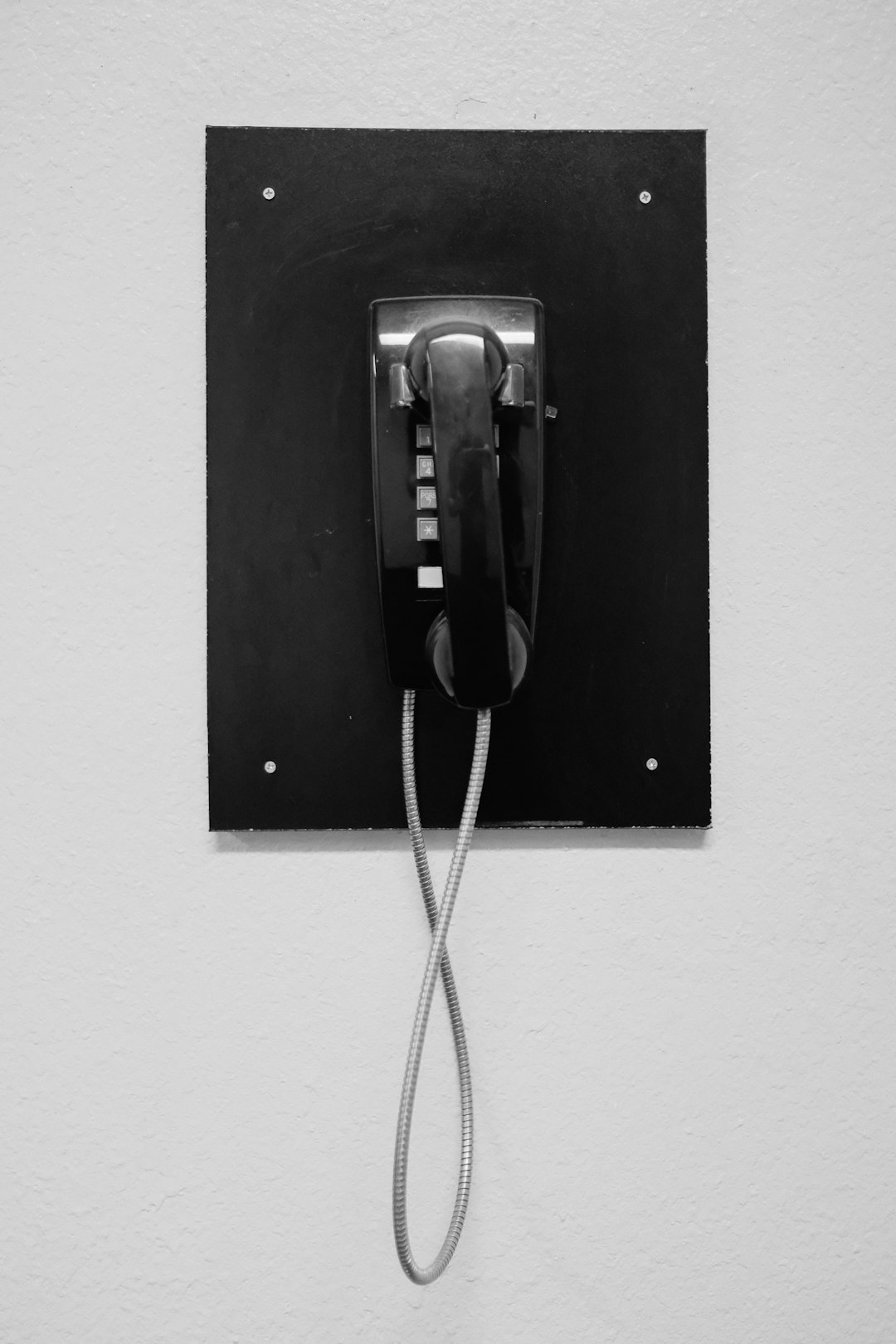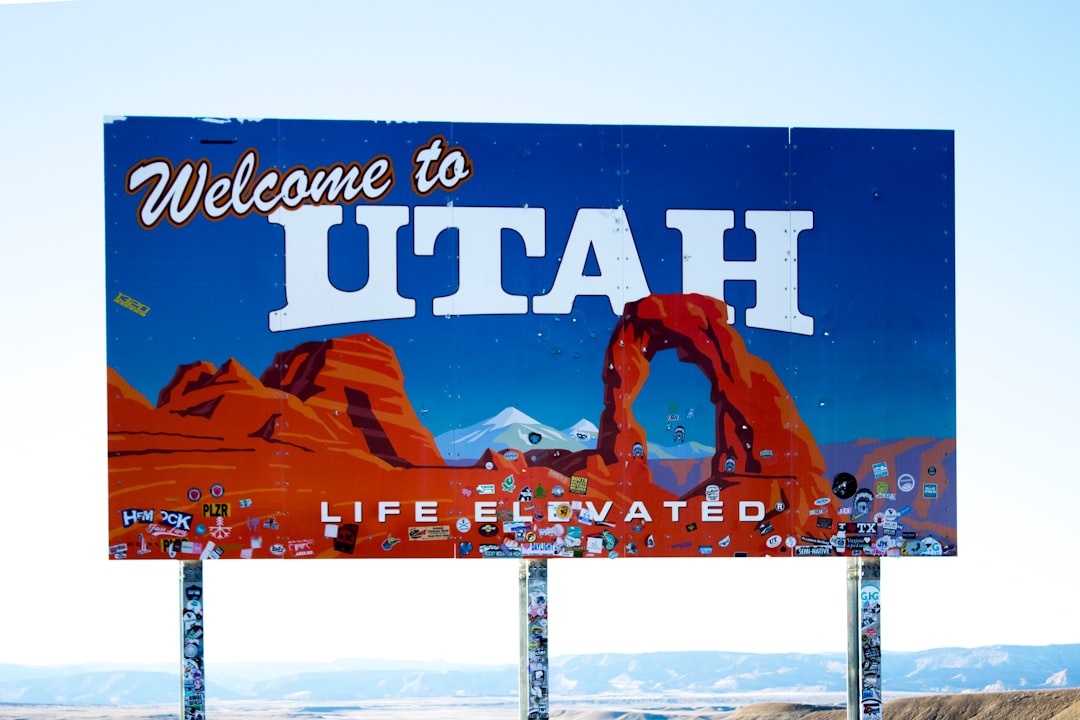In Utah, "no call" laws protect residents from unwanted telemarketing by allowing them to register on the state's Do Not Call list. No Call Lawyers in Utah assist consumers with rights and complaints, ensuring businesses comply with regulations. These attorneys navigate a complex landscape for both businesses and consumers as technology evolves. Future no-call policies may include advanced caller ID systems and AI software, requiring lawyers to adapt strategies. Businesses should proactively update data management systems, maintain accurate lists, and verify consent to avoid legal issues and foster positive customer relationships, especially in Ogden, Utah.
“Ogden, Utah, has seen significant shifts in no-call laws over recent years, aiming to balance consumer privacy with business marketing needs. This article delves into the evolving landscape of these regulations, offering a comprehensive guide for both businesses and consumers. From understanding Utah’s brief overview of no-call policies to predicting future trends, we explore the impact on local industries. Learn about current challenges and loopholes, and discover practical tips to prepare your business for upcoming changes, ensuring compliance with potential new No Call Lawyer Utah regulations.”
Understanding No Call Laws in Utah: A Brief Overview

In Utah, “no call” laws are designed to protect residents from unwanted telemarketing calls and sales pitches. These laws give consumers the right to opt-out of receiving such calls by registering their phone numbers on the state’s Do Not Call list. The list is a comprehensive database that telemarketers are legally obligated to honor, ensuring a quieter, more peaceful environment for Utahns.
No Call Lawyers in Utah play a vital role in helping residents navigate these laws. They assist consumers in understanding their rights and providing guidance on how to file complaints if their privacy is violated. These attorneys ensure that businesses comply with state regulations, promoting a fair and balanced approach to telemarketing practices in Ogden and across the state.
The Impact of No Call Laws on Businesses and Consumers

No Call laws, aimed at curbing unwanted telemarketing calls, have significantly impacted both businesses and consumers in Ogden, Utah, and across the nation. For businesses, these regulations present a delicate balance. On one hand, they protect consumers from intrusive marketing practices, fostering a more respectful and consensual business environment. On the other, they can be seen as restrictive, particularly for legitimate sales and service industries that rely on phone communication as their primary customer outreach channel. No Call Lawyers in Utah play a crucial role here, guiding businesses to navigate these laws and avoid costly violations.
For consumers, the benefits are clear: reduced spam calls, increased privacy, and more control over when they engage with potential sellers. However, some worry about missing out on legitimate deals or services. A balanced approach is ideal; one that ensures consumers’ rights without unduly hindering businesses’ ability to connect with their target market. This dynamic requires continuous dialogue and adaptation, especially as technology evolves and new marketing channels emerge.
Current Challenges and Loopholes in Ogden's No Call Regulations

Ogden, Utah’s “No Call” regulations aim to protect residents from unwanted telemarketing calls, but current challenges and loopholes remain. Despite these laws, many Ogden residents still receive persistent and harassing phone calls from sales representatives and scammers. One significant issue is the lack of stringent enforcement, allowing some companies to bypass the rules through creative tactics. For instance, some organizations use automated dialing systems or pre-recorded messages, which are less traceable, making it harder for No Call lawyers in Utah to hold them accountable.
Additionally, defining what constitutes a “no call” request can be complex. Many consumers are unsure of their rights and may inadvertently give permission for calls by failing to opt out effectively. This uncertainty benefits telemarketers, further complicating the enforcement process. Addressing these challenges is crucial to ensuring that Ogden’s No Call regulations remain effective in protecting residents from intrusive marketing practices.
Upcoming Trends and Predictions for No Call Law Evolution

The future of no-call laws in Ogden, Utah, looks set to evolve with emerging trends. One notable prediction is the increased reliance on technology to manage and enforce these regulations. Advanced caller ID systems and AI-driven software can automatically identify and block unwanted calls, providing a more efficient solution for consumers. Additionally, there may be a push towards more stringent penalties for violators, reflecting the growing importance of protecting citizens from intrusive marketing practices.
No call lawyer Utah services could become even more specialized, focusing on staying ahead of these changes. This might involve adapting legal strategies to accommodate new technologies and ensuring clients are educated about their rights in an ever-changing regulatory environment. As consumer expectations continue to shape legal landscapes, the no-call laws are expected to adapt accordingly, fostering a better balance between business interests and individual privacy.
How to Prepare Your Business for Future Changes in No Call Policies

To prepare your business for future changes in no-call policies, the first step is to stay informed about local and state regulations. Ogden, Utah, like many areas, has specific laws regarding telemarketing and do-not-call lists. Keeping abreast of these laws will help you anticipate any shifts and adjust your business practices accordingly. Consider hiring a No Call Lawyer Utah to ensure compliance; legal experts can guide you through the complexities and help you navigate any updates.
Proactive measures include reviewing and updating your customer data management system to include opt-out options and regularly maintaining an accurate list of do-not-call contacts. Implement procedures to verify customer consent and provide easy, clear ways for clients to remove their numbers from marketing lists. By taking these steps, businesses can future-proof themselves against changes in no-call policies, ensuring they maintain a positive relationship with their customers and avoid potential legal issues.






